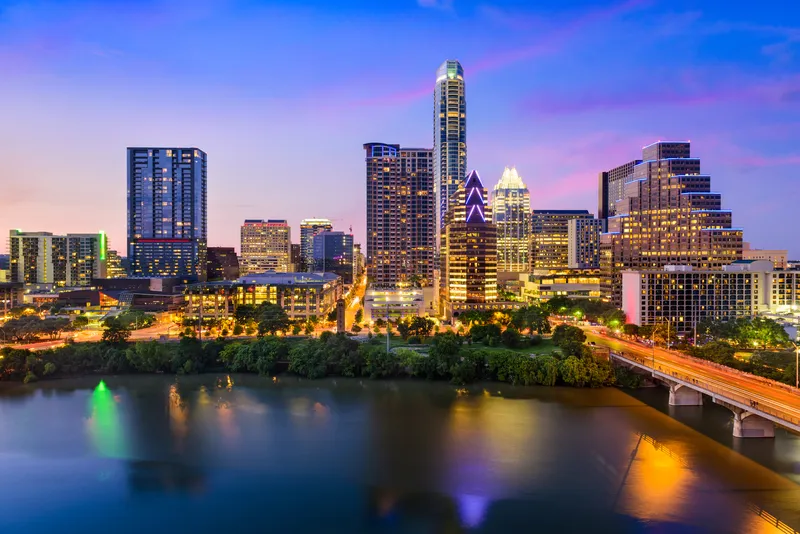After what he called an ‘overwhelming response’, US Transportation Secretary Anthony Foxx has announced seven finalists for the US Department of Transportation’s (USDOT) Smart City Challenge.
The USDOT has pledged up to US$40 million to one city to help it define what it means to be a Smart City and become the country’s first city to fully integrate innovative technologies – self-driving cars, connected vehicles, and smart sensors – into their transportation network.
The finalists are: Austin, Texas;
March 15, 2016
Read time: 2 mins
After what he called an ‘overwhelming response’, US Transportation Secretary Anthony Foxx has announced seven finalists for the 324 US Department of Transportation’s (USDOT) Smart City Challenge.
The USDOT has pledged up to US$40 million to one city to help it define what it means to be a Smart City and become the country’s first city to fully integrate innovative technologies – self-driving cars, connected vehicles, and smart sensors – into their transportation network.
The finalists are: Austin, Texas; Columbus, Ohio; Denver, Colorado; Kansas City, Missouri; Pittsburgh, Pennsylvania; Portland, Oregon; and San Francisco, California, who will each get US$100,000 to further develop their proposals.
“The level of excitement and energy the Smart City Challenge has created around the country far exceeded our expectations,” said Secretary Foxx. “After an overwhelming response – 78 applications total – we chose to select seven finalists instead of five because of their outstanding potential to transform the future of urban transportation.”
The winner will be announced in June and will receive up to UAS$50 million, including US$10 million from launch partner, Paul G. Allen’s Vulcan to support electric vehicle deployment and other carbon emission reduction strategies.
Other partners that have already joined the Smart City Challenge include4279 Mobileye, 2184 Autodesk and 5460 NXP.
The USDOT has pledged up to US$40 million to one city to help it define what it means to be a Smart City and become the country’s first city to fully integrate innovative technologies – self-driving cars, connected vehicles, and smart sensors – into their transportation network.
The finalists are: Austin, Texas; Columbus, Ohio; Denver, Colorado; Kansas City, Missouri; Pittsburgh, Pennsylvania; Portland, Oregon; and San Francisco, California, who will each get US$100,000 to further develop their proposals.
“The level of excitement and energy the Smart City Challenge has created around the country far exceeded our expectations,” said Secretary Foxx. “After an overwhelming response – 78 applications total – we chose to select seven finalists instead of five because of their outstanding potential to transform the future of urban transportation.”
The winner will be announced in June and will receive up to UAS$50 million, including US$10 million from launch partner, Paul G. Allen’s Vulcan to support electric vehicle deployment and other carbon emission reduction strategies.
Other partners that have already joined the Smart City Challenge include









